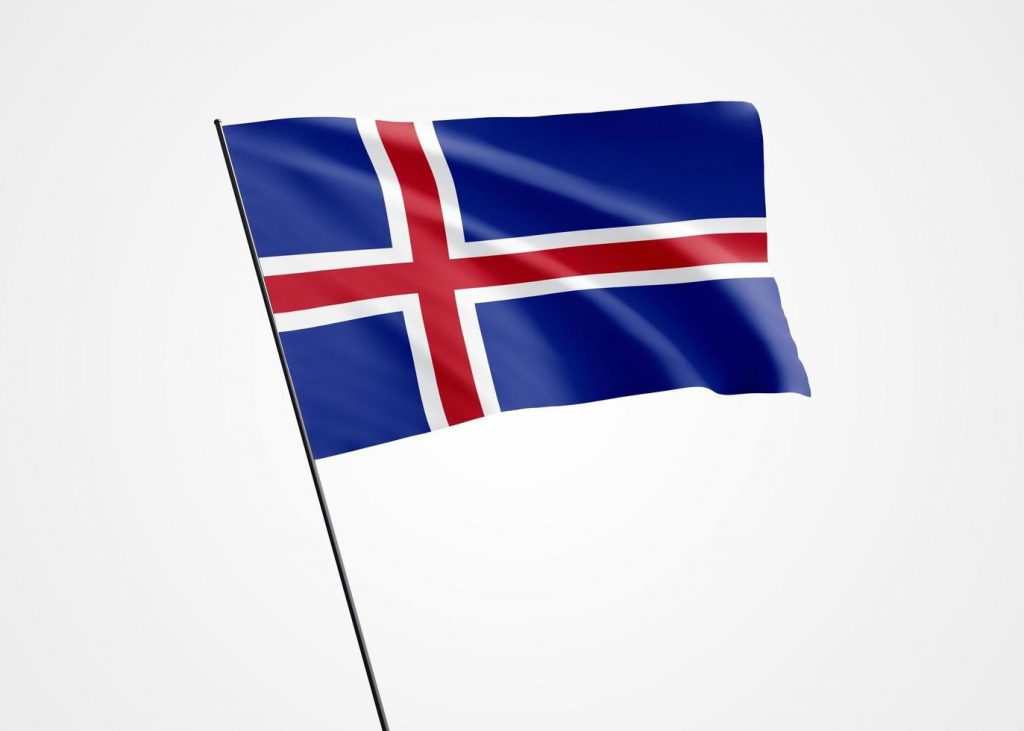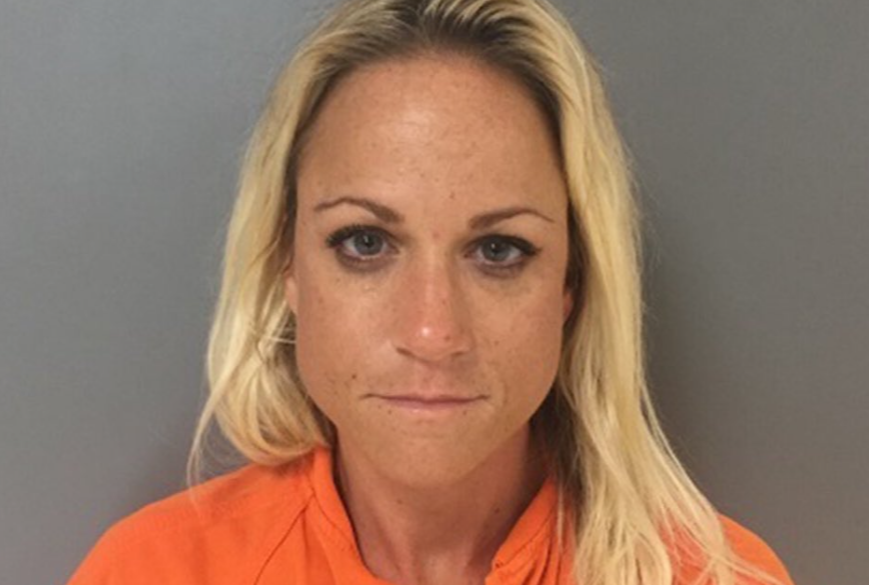In Iceland, You Can’t Choose Any Name for Your Child

gankogroup / Vacteezy
Imagine a country where naming your child isn’t as simple as picking your favorite sound. Icelandic naming system is deep in tradition ensuring names flow smoothly with the language and reflect Icelandic heritage.

How Does Icelandic Naming Work?
Unlike most countries, Iceland has an official Icelandic Naming Committee, also known as the Personal Names Committee. This committee acts as a gatekeeper, ensuring new names fit Icelandic linguistic and cultural norms.
This might seem strict, but it serves several purposes, like:
- Preserving Icelandic Identity: Iceland has a rich cultural heritage, and the naming committee safeguards it by ensuring new names integrate well with the existing name pool. Imagine meeting someone named “Björk Johnson” – it instantly sounds Icelandic, right?
- Protecting Children from Ridicule: The committee considers if a name might cause embarrassment to the child in the future. This avoids situations where a child might be teased for an unusual name that clashes with the language.
- Maintaining Linguistic Harmony: Icelandic has its own distinct grammar rules and alphabet. The committee ensures new names comply with these rules, promoting a sense of linguistic harmony.
So You Want to Name Your Child “Luna”?
While the committee upholds tradition, it’s not entirely inflexible. New names can be submitted for approval, and if they meet the criteria – having historical roots in Iceland or fitting grammatically – they might be added to the list.

Why Are Some Names Illegal in Iceland?
Icelandic naming law ensures names fit their unique language and culture. Here’s why some names get rejected:
- Grammar clash: Icelandic grammar requires names to bend in different forms. A name that can’t do this just wouldn’t work.
- Wrong alphabet: Icelandic has special letters, so names can’t include letters like “c” that aren’t part of it.
- Embarrassing choices: The committee avoids names that might cause problems later, like being too different or having negative meanings.
- No Icelandic roots: Names with a connection to Icelandic history or literature are preferred to maintain cultural continuity.
This process isn’t foolproof, though. There have been instances of controversy. The case of Blær Bjarkardóttir, a girl named after a female character in Icelandic literature, is a prime example.
The committee initially rejected the name as “Blær” is typically masculine. Thankfully, after an appeal, the courts ruled in Blær’s favor, highlighting the importance of considering the context behind a name.

The Future of Icelandic Naming: Tradition Meets Change
The Icelandic Naming Committee’s role is being debated. Some argue for its abolition, favoring complete freedom in naming choices. Others see value in preserving Icelandic heritage.
Recent legal battles and policy discussions suggest a potential shift towards a more flexible system, perhaps allowing for a wider range of approved names while still maintaining some cultural safeguards.
Why Do Icelandic Names End in “dóttir” OR “-son”?
Icelandic names also stand out for their patronymic and, less commonly, matronymic nature. This means a child’s last name is derived from their father’s or mother’s first name, with “-son” or “-dóttir” added at the end. So, Ólafur’s son would be Ólafursson, and his daughter, Ólafurdóttir. This system fosters a strong sense of family connection.
Iceland’s approach to naming is a unique blend of tradition and adaptation. The Icelandic Naming Committee, while potentially evolving, reflects the nation’s desire to protect its cultural identity while embracing some change. So, next time you meet an Icelander, take a moment to appreciate the story their name tells – a story woven from history, language, and a deep connection to their heritage
You might also like to read: Baby Naming Regulations in Australia – Baby Is Named Meth Rules


